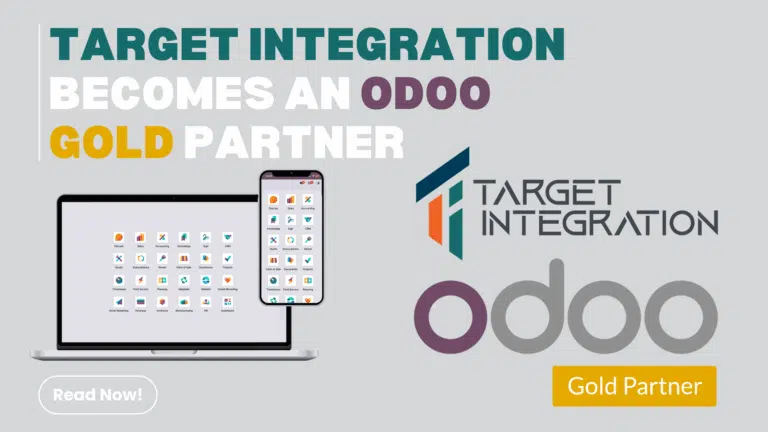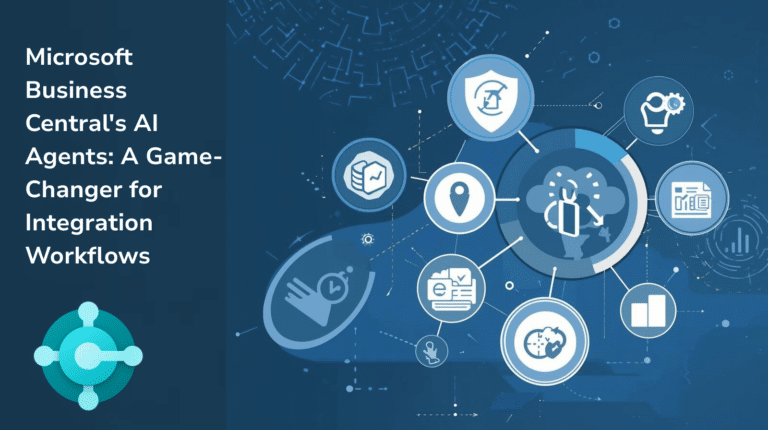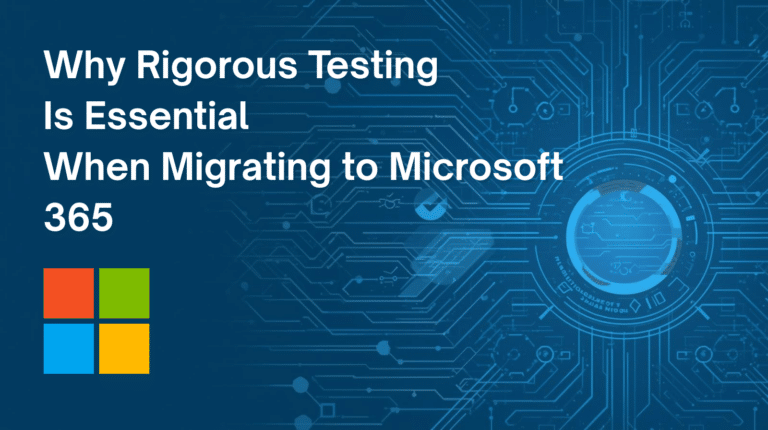Around this time of year, predictions about what the next year will bring for business management software, and the changes that we may see in ERP and CRM begin to surface. Over the past forty years, IT has undergone some significant changes which reflect the constantly evolving nature of computing technology. While we can only speculate and make predictions about what changes are to come, we can be certain that they will come. And the next five years, ten years, and beyond will change the technological landscape once again. Changes in how we use technology, how we speak to it – and how it speaks to us – are coming at us quickly. The future of ERP and CRM is going to be interesting. Here are the three most noteworthy CRM and ERP predictions going into 2018.
Cloud development will continue to greater heights
One prediction that is on everyone’s lips is potential changes in how we use cloud technology. It’s very likely that cloud computing will begin to have a much greater impact on the architecture of CRM and ERP systems. Cloud computing is simply defined as “a type of internet based computing”, where information is stored in a shared space.
The cloud is not a new feature of ERP or CRM. But the reason why it’s still a hot topic is because its full capabilities have not yet been realised. The use of cloud-based ERP software will continue to grow through 2018 and beyond, because this kind of business model can provide companies with the space for machine learning insights, in-built analytics, lower implementation costs, automated processes, and the ability to see the entire business from one place. The benefits of cloud migration are pushing on-premise systems out of the equation. It’s about creating a seamless system that is flexible, cost effective, and better at processing big data and company analytics. It’s through combining this very familiar system with newer insights, such as AI and machine learning, that cloud computing will likely expand even further in 2018.
The use of CRM software very likely see some changes as well. Cloud-powered CRM models offer several tangible benefits that make them attractive. For example, the ability to see all customer data on one platform, greater scalability and ease of access for employees, and real-time updates on customer activity. Again, it’s about creating a single unified system that works for the business.
AI becomes part of the conversation
Out of all the CRM and ERP predictions that you’ll come across, none has as big of an influence on the conversation as AI. Artificial intelligence (AI) software is coming at us quickly, and not just in business and IT. Over recent years there have been huge leaps in how this technology relates to our society. It’s still not perfect, and nowhere near the ‘singularity’ that keeps Elon Musk up at night. But it is certainly no longer a niche topic, and it’s more important now than ever that society takes notice of it.
Today, the software is widely accessible to anyone that wants to build their own bot. The need to be an expert in coding has been almost eliminated with the emergence of ready-to-use platforms by companies like SnatchBot, Chatfuel, and POP. And some of these are already in the cloud. In terms of how we might see business management combine with AI, we need to look at machine learning, automation, and UI.
Customers may very well be dealing with a greater number of AI powered interfaces over the next year. Instead of human-human interactions online, especially in the area of customer service, it’s likely that there will be more human-machine interactions. The queries that usually filter into company chat boxes, for example “what is ERP?’’, can be answered very simply and quickly by a bot. One of the distinct advantages of customer service chatbots is that they never sleep – they are on hand twenty-four hours a day, seven days a week.

This change in how humans and machines relate to each other is the result of AI automation, which does have some industries and some people worrying about the future of human employment. While there certainly is cause for concern as machines become more commonplace at work, it is a topic that needs its own discussion.
Within ERP systems, augmented AI tools are possibly the stepping stone to better business management. Augmented reality is one of the ‘buzziest’ buzzwords in the world of technology, and we can already see that it has great synergy with the video game industry. Augmented reality in ERP is being spoken about as a way to bring business processes and people closer together across locations. It is also a visualisation tool that could possibly enhance learning and concept communication.
It’s clear that AI has a part to play in ERP and business management solutions, and there is no escaping the topic. However, a lot of these possibilities are only perfected in theory, and not yet in practice. It can be argued that we need to have a wider discussion about AI before we shift into a new technological and social space.
Customer relationships become increasingly significant
Over the past three decades we have seen dramatic changes in how customers relate to businesses. A change increase in consumer choice has altered how companies think about selling products. And it is likely that over the next year, greater focus will be given to developing CRM models that will offer experiences to customers.
A place where we will likely see greater focus being directed is in the relationship between social media and CRM. Why sell products, when you can sell experiences? Creating a tailored solution for customers delivers the best results. Once you personalise their relationship to your business, you begin selling them an experience rather than a product. Social media platforms are extraordinarily vast pockets of personalised space that companies can tap into even further to create that individualised experience. It might mean putting a greater amount of time into your social media strategy, and imagining creative ways to engage with customers.
The boundaries between companies and customers are being redrawn along with the boundaries between humans and technology. Again, we might see AI coming into the picture to improve customer relations.
The greatest piece of advice when thinking about changes in CRM and ERP in 2018
It’s clear that changes are coming to ERP and CRM in 2018, and most significantly in the area of AI. Whether or not we will see all of these predictions take shape cannot be predicted, but it is likely that they will at least become part of the ERP and CRM blueprints for the future.
One of the most important pieces of advice to take away from this article is that the individual success of changes like these can only be predicted with research and preparation. Take the time to think critically about CRM and ERP predictions. Sometimes, the most innovative changes take the longest time to be accepted. And all too often, when they do finally take place it feels as if hardly anything has changed.



